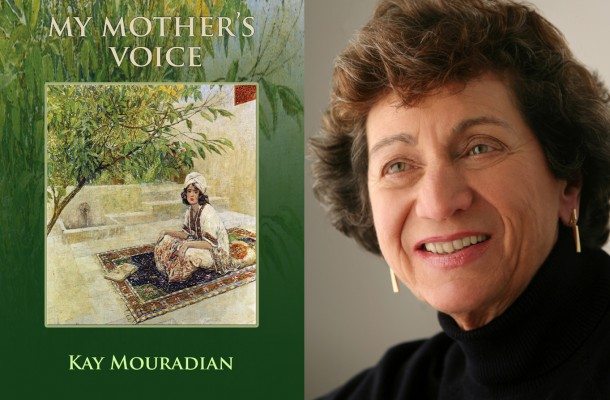The three-volume work about the testimonies of the survivors of the
Armenian Genocide is ready
10:00, 19 November, 2012
YEREVAN, NOVEMBER 19, ARMENPRESS. Toward the 100th anniversary of the
Armenian Genocide the National Archive of Armenia continues publishing
important and unique documents and introducing them to the public. The
book "the Armenian Genocide in the Ottoman Empire: the Testimonies of
the Survivors. Archival Documents" is already finished. The
testimonies of the survivors dated to 1916 are enclosed in the book.
In a conversation with "Armenpress" the head of the National Archive
of Armenia Amatuni Virabyan stated that there was a program organized
by the Russian Army and held in 1916-1917, which was aimed to the
discovery of the events in the Western Armenia in 1915. Amatuni
Virabyan stated: "During the liberation of the Armenian territories by
the Armenian voluntary units and the Russian Army they have seen that
almost no Armenian was left in that territories or a very small number
of people remained there. And a row of intellectuals developed a
questionnaire to discover the number of the population, income and
residents of a row of villages before the aforementioned events: the
number of the servicemen, their future fate, the date of the beginning
of the massacre and deportation, the identities of the participants of
those events, the survivors and the state of a village by 1916."
As the Head of the National Archive of Armenia stated these are
authentic testimonies, as they have been taken only a year after the
tragic events, when the memory f the people was fresh and they could
recall the names of those criminals. The testimonies spread light on
those events and it becomes clear that among the executors there have
been Turkish officials, policemen, heads of provinces and states,
Hamidian units, the Kurdish mobs, the Circassians.
The head of the National Archive of Armenia Amatuni Virabyan
emphasized the legal significance of those documents, as at the time
of their record there had not been any conversation about the Armenian
Genocide.
Armenian Genocide is ready
10:00, 19 November, 2012
YEREVAN, NOVEMBER 19, ARMENPRESS. Toward the 100th anniversary of the
Armenian Genocide the National Archive of Armenia continues publishing
important and unique documents and introducing them to the public. The
book "the Armenian Genocide in the Ottoman Empire: the Testimonies of
the Survivors. Archival Documents" is already finished. The
testimonies of the survivors dated to 1916 are enclosed in the book.
In a conversation with "Armenpress" the head of the National Archive
of Armenia Amatuni Virabyan stated that there was a program organized
by the Russian Army and held in 1916-1917, which was aimed to the
discovery of the events in the Western Armenia in 1915. Amatuni
Virabyan stated: "During the liberation of the Armenian territories by
the Armenian voluntary units and the Russian Army they have seen that
almost no Armenian was left in that territories or a very small number
of people remained there. And a row of intellectuals developed a
questionnaire to discover the number of the population, income and
residents of a row of villages before the aforementioned events: the
number of the servicemen, their future fate, the date of the beginning
of the massacre and deportation, the identities of the participants of
those events, the survivors and the state of a village by 1916."
As the Head of the National Archive of Armenia stated these are
authentic testimonies, as they have been taken only a year after the
tragic events, when the memory f the people was fresh and they could
recall the names of those criminals. The testimonies spread light on
those events and it becomes clear that among the executors there have
been Turkish officials, policemen, heads of provinces and states,
Hamidian units, the Kurdish mobs, the Circassians.
The head of the National Archive of Armenia Amatuni Virabyan
emphasized the legal significance of those documents, as at the time
of their record there had not been any conversation about the Armenian
Genocide.





Comment